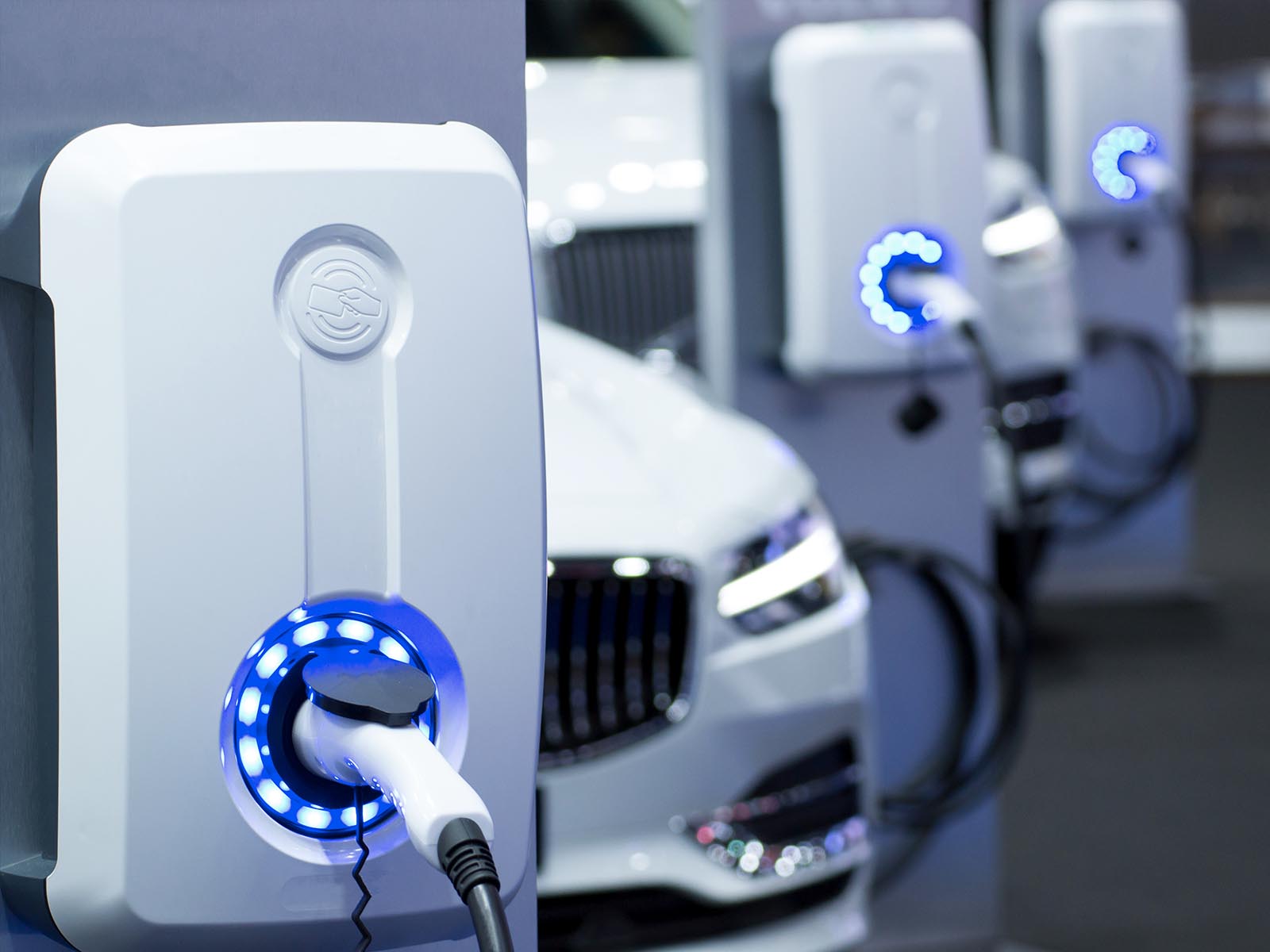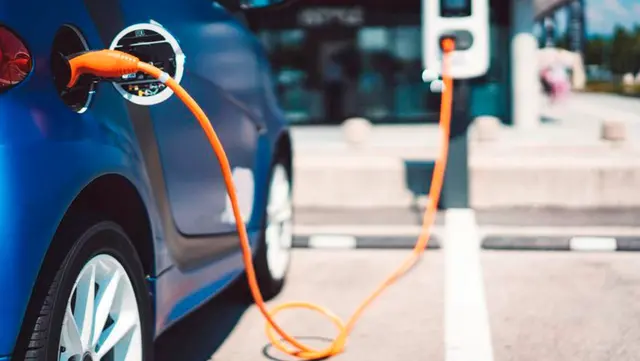Author: Prof. Engr. Zamir Ahmed Awan, Sinologist (ex-Diplomat), Editor, Analyst, Non-Resident Fellow of CCG (Center for China and Globalization), National University of Sciences and Technology (NUST), Islamabad, Pakistan. (E-mail: [email protected]).
Pakistan is an energy deficient country. According to data (2016). Pakistan's Oil production: 88,262, ranked 53rd globally, whereas Oil Consumption: 556,000, and ranked 33rd in the world. The net Daily Deficit: -467,738 Barrels.
Pakistan spends a massive amount of hard-earned foreign exchange on imports of Oil. There is a dire need to reduced dependency on imported Oil. The government of Pakistan is exploring all possibilities to import substitutes or alternative sources of energy.
The Board of Investment (BOI) has announced to facilitate the entry of China's largest automobile manufacturer in Pakistan and the first-ever private sector special economic zone (SEZ) in Raiwind, Punjab. During an SEZ committee meeting, the BOI granted admission to MG JW Automobile Pakistan Private Limited in JW-SEZ Raiwind as a 'zone enterprise.'The company planned to manufacture electric vehicles with an estimated foreign direct investment (FDI) of Rs. 663 million and local investment of Rs. 637 million.

MG Pakistan is a joint venture between JW-SEZ and SMIL — a subsidiary of SAIC Motor Corporation Limited. SAIC is a Chinese state-owned multinational automotive design and manufacturing company based in Shanghai.
It is the largest auto manufacturer in China and the seventh-largest in the world. In 2006, SAIC purchased the prestigious British brand Morris Garages (MG) and is now marketing automobiles under the MG brand worldwide. Recently entered into Pakistani market and received an overwhelming response.
Chairman Board of Investment (BoI), Mr. Atif Bokhari said that the launching of the first private sector SEZ in Pakistan is a testament to the fact that the government is fully committed to facilitating private investors for speedy industrialization in the country.
According to BoI, both local and foreign investors interested in Pakistan's SEZs can now simply register online and submit their applications, which would automatically be shared with concerned authorities.
It is pertinent to mention that the government had recently implemented the Electric Vehicle Policy with a set of incentives offered to manufacturers and assemblers of vehicles. The incentives are reportedly encouraging investment in the auto sector.
The government reportedly plans that 30 pc of all new cars, trucks, buses, vans, and jeeps, and 50pc of all two-, three- and four-wheelers will be electric vehicles by 2030. By 2040, 90pc of vehicles on the road are envisioned as electric.
While Chinese carmakers are in favor of a direct shift to an EV future, Japanese automobile companies want the government to follow a route where both electric vehicles and hybrid (including plugged-in hybrid) electric vehicles are allowed to compete, as is the case in countries like India, Thailand, and Malaysia.
China is a global leader in EV, and its first entry into the Pakistani market will always give an edge over others or latecomers.
Pakistan already has a significant market for hybrid vehicles with Honda's Vezel, Toyota's Prius and Aqua, and other models seen on the roads. The Automotive Development Policy (2016–2021) and the launch of the China-Pakistan Economic Corridor (CPEC) are encouraging foreign investments for the new automobile brands to enter the Pakistani market, while the leading manufacturers in the automobile industry in Pakistan are interested in introducing EV models with a wide range of prices which target consumers of diverse income groups. Several members of the international automobile industry, including South Korea, China, and Japan, also believe that Pakistan has a high potential market for EV technology, and local businesses are collaborating with them to bring EVs to Pakistan. Experts believe that the future of Electric Vehicles (EVs) in Pakistan is very much bright. It will reduce dependency on expensive imported Oil and saves much-needed foreign exchange for the nation. Additionally, EVs are less pollution creator and cost-wise more affordable by average Pakistanis.
(ASIA PACIFIC DAILY)
 简体中文
简体中文

